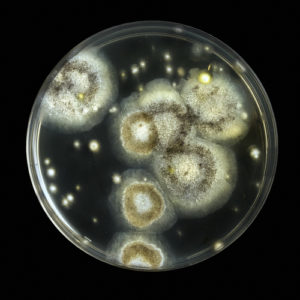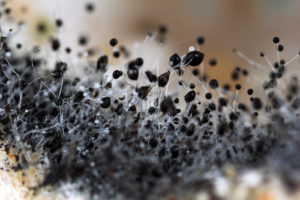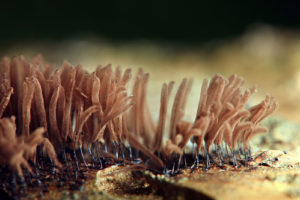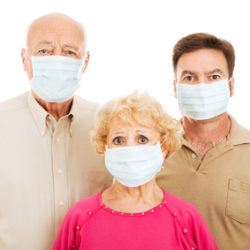Aspergillosis – a Lung Infection Caused by Exposure to Mold
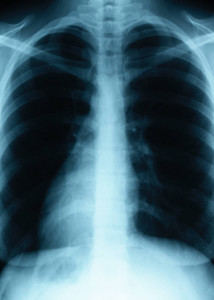
Lungs And Mold
Inhaling mold spores on a regular basis can irritate your throat and nasal passages, causing allergic reactions such as sneezing and coughing. A more serious threat lurks for people who have low resistance or pre-existing lung conditions.
Aspergillosis: When Mold Turns Infectious
Aspergillus is one of the more common types of mold, occurring frequently both indoors and outdoors. Chances are you inhale Aspergillus spores on a daily basis with little or no adverse effects.
However, individuals with weakened immune systems or who have a lung disease are at risk of developing aspergillosis, which is an infection resulting from exposure to Aspergillus spores.
Types of Aspergillosis
There are more than 180 identified species of Aspergillus, but fewer than 40 of them cause infection. Different forms of aspergillosis include:
• Allergic bronchopulmonary and allergic sinustis cause inflammation that triggers allergic reactions but no infection.
• Aspergilloma, or “fungus ball,” is a ball of Aspergillus mold that grows in the lungs and sinuses.
• Chronic pulmonary causes cavities in the lungs, and may occur in conjunction with aspergilloma.
• Invasive is an infectious form that usually affects the lungs, although it can spread to other parts of the body.
• Cutaneous develops when Aspergillus spores enter the body via the skin, such as through a cut or wound.
Live in Northern NJ or NYC? Schedule your Free Mold Inspection from Stern Mold.
If you suspect a mold infestation in your home, it should be treated immediately regardless of the type of fungus. Contact us today to schedule your free mold inspection by our professionally trained technicians. We can deal with mold infestation quickly and effectively using our eco-friendly MoldExterm process.

